Stadia, GeForce NOW and Microsoft's own xCloud have more competition coming with Amazon formally throwing their controller onto the sofa with Amazon Luna.
Amazon Luna will give you access to certain Channels of games which you subscribe to. The first two announced are Amazon's own Luna+ to get access to a "growing" library and Ubisoft are also confirmed to have their own subscription channel coming to it too. The Luna+ subscription will have 100s of games from big names too like Resident Evil 7, Control, The Surge 2, A Plague Tale: Innocence and a great many more. By the time it launches, it's going to have quite a full library already.
Instead of the Stadia and GeForce NOW model, they're very much going for a 'Netflix of games' style that Microsoft is doing with things like Game Pass. Just like Google Stadia, Amazon Luna will have its own dedicated Alexa-enabled gamepad which connects directly to Amazon through WiFi which is supposed to help reduce latency which is the biggest problem with these services.
Luna will come with heavy Twitch integration too, including showing you Twitch streams for games across the Luna service. This makes sense, since Amazon own Twitch. This is where it gets really interesting, and something Google has been ridiculously slow on with Stadia. You will see Twitch streams inside Luna, and be able to click play and jump right into a game while watching on Twitch. The power of that cannot be understated.
Currently, early access to Luna is available exclusively by invitation and even then that's only in the USA. Everyone else will just have to sit and wait until Amazon open it up further.
It's not clear if it will work on Linux or be supported at this time. However, Amazon did mention it can be played in a Chrome browser so it's quite likely it will be able to run on Linux just like Stadia and GeForce NOW. Full press release available here and you can find the Luna page here. Once we find out more and any Linux details, we will let you know.
How long until Valve throw their Steam Controller onto the sofa and announce their own? If they don't, they might end up as one of the only major gaming stores not to at this rate. The cloud game streaming wars have truly begun now. How do you feel about it?
Actually, real cloud exclusiveness would be the death of piracy. If you never get your hands on any binaries to begin with...
Binaries always exist somewhere, so...
Of course, but it would be much more hard to get them. Before game releases, binaries exist somewhere, too, but how many games come cracked before they were released? (The question is not rhetorical, I actually don't know. I think it did happen, but not too often?)
Actually, real cloud exclusiveness would be the death of piracy. If you never get your hands on any binaries to begin with...
Binaries always exist somewhere, so...
Of course, but it would be much more hard to get them. Before game releases, binaries exist somewhere, too, but how many games come cracked before they were released? (The question is not rhetorical, I actually don't know. I think it did happen, but not too often?)
Well, in times where games were mostly burned on cds and then dvds, it was fairly common for pirates to get hold of master discs before the release, same for movies etc. Stealing pre-release files is far more trickier but not impossible, happened to HL2 among others. Anyway, where there's money and/or fame, there's incentive and these huge companies have a looot of employees...
Last edited by pb on 26 Sep 2020 at 12:30 pm UTC
I take your point about using Windows being better for developers, who mostly develop on/for Windows. But on the other hand, Stadia's probably more efficient. There's reasons Linux dominates the server space. Cheaper infrastructure means savings for someone, so it might have some compensations for either developers or customers.Stadia unquestionably has more positive repercussions for us, since it forces developers to adapt to Linux and Vulkan, whereas Luna makes that completely irrelevant. No matter what you think of streaming, Stadia is clearly a better deal for our ecosystem than Luna or GeForce Now.
It's just a shame that it's not as good for either developers or customers as the competing services.
For developers, they have to go to the effort of porting to Linux, which they don't have to do for the competitors.
For customers, you don't have access to games you've bought elsewhere, and you lose access to games that you've bought should you lose access to Stadia, which comes from the notoriously-fickle Google.
Which means that it won't have as much impact on the part we care about - game devs getting more experience with Linux gaming and Vulkan - as if it were a more competitive offering.
Last edited by Purple Library Guy on 28 Sep 2020 at 5:08 am UTC
I take your point about using Windows being better for developers, who mostly develop on/for Windows. But on the other hand, Stadia's probably more efficient. There's reasons Linux dominates the server space. Cheaper infrastructure means savings for someone, so it might have some compensations for either developers or customers.
It's not that using Windows is better, it's just that they're doing that anyway. They aren't paying for the machines to run it on - that comes out of whatever the platform is taking as their cut - but they would have to pay someone to write and test a separate Linux version and they'd just really rather not. When Linux has gained sufficient market share so that all games will get a Linux build as a matter of course, then having to create a Linux build won't be seen as an additional cost, but we aren't there yet. So slapping an existing build on a Windows VM is seen as the cheaper, easier option, even if it's not ultimately easier or cheaper.
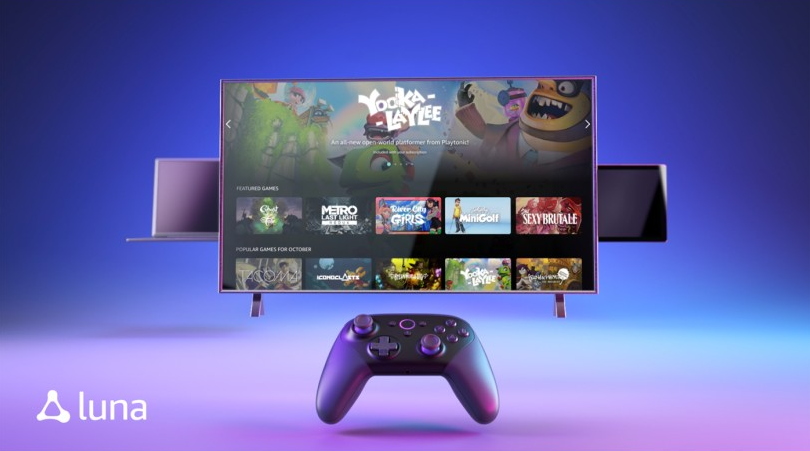
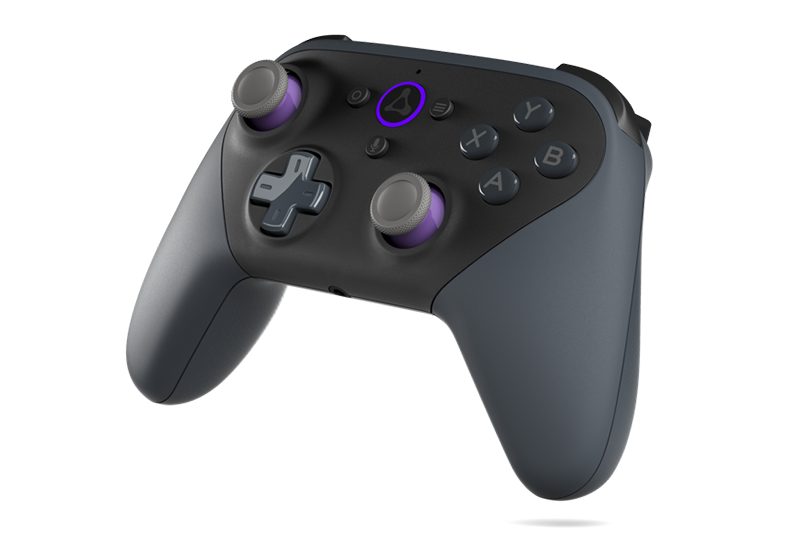
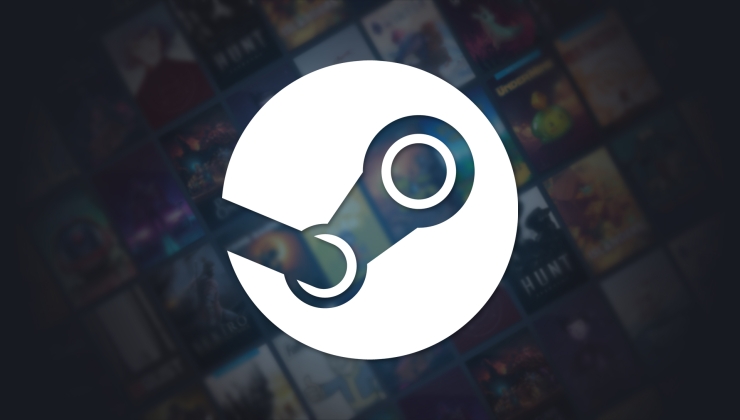
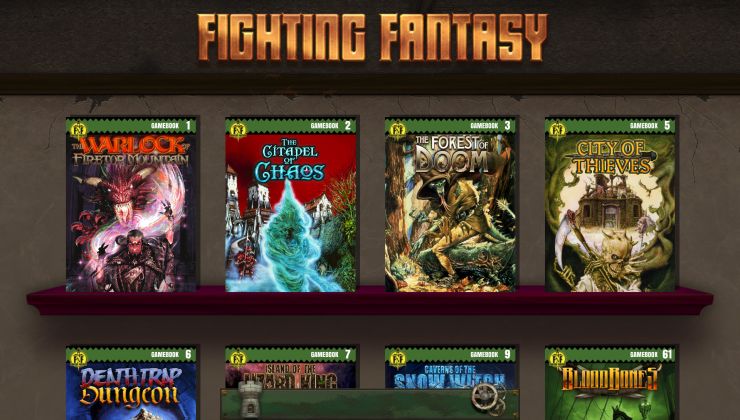
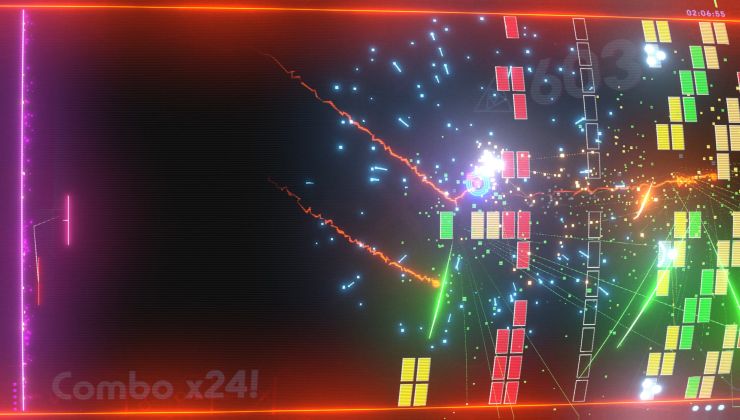
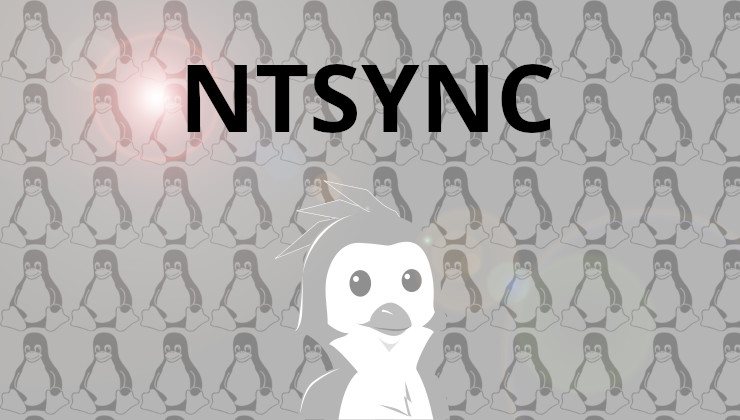



 How to set, change and reset your SteamOS / Steam Deck desktop sudo password
How to set, change and reset your SteamOS / Steam Deck desktop sudo password How to set up Decky Loader on Steam Deck / SteamOS for easy plugins
How to set up Decky Loader on Steam Deck / SteamOS for easy plugins
See more from me